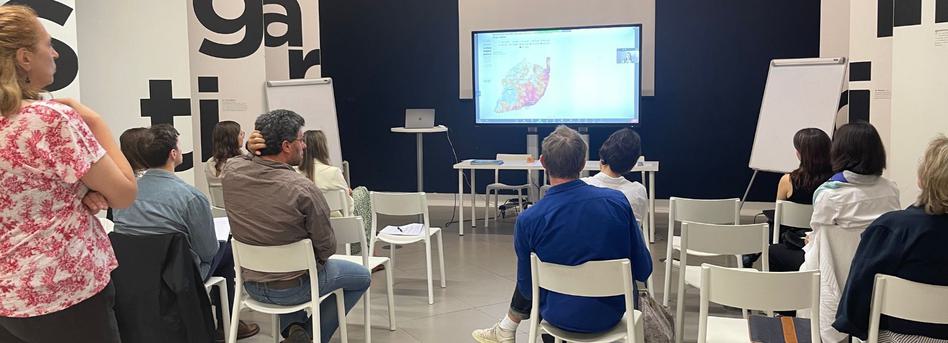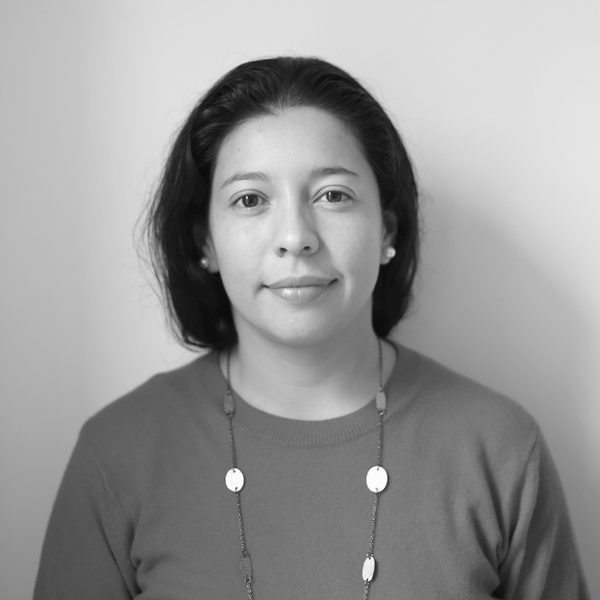Lisbon: Affordable Housing and Workers’ Rights
11 August 2023

Cities are often where people experience the impacts of climate change and of climate action, which can raise living costs and socio-economic inequalities.
In a series of local research cycles, IHRB is spotlighting eight cities, focusing on their built environment decarbonisation and resilience plans. This research series asks: how is each city minimising the negative social consequences of climate action, and maximising the positive impacts that its built environment can have for inhabitants and the environment? And what are recommended actions from the government, investors, and the private sector?
Lisbon Summary Report
This report analyses the challenges of achieving a just transition in the Lisbon's built environment, and provides recommendations to address them. The report looks at the human rights risks and opportunities grouped according to the two main challenges identified: housing affordability and protection of construction workers’ rights.
The report recommendations include increasing the social housing stock (both public and private, and of different tenure types), acknowledging and protecting construction workers’ rights, increasing investment in climate action programmes and ensuring their implementation.
Visioning workshop
As part of the research, on April 29 2023, delegates from civil society, the private sector, and the government convened at the Centro Ciência Viva, Knowledge Pavilion in Lisbon to workshop and discuss pathways for a just transition in Lisbon's built environment.

Cities of the future
Visions for a just and climate-resilient built environment
We commissioned young artists in Lisbon, Lagos, Jakarta, Prague, Copenhagen and Melbourne to bring the visions of a fairer, greener future for each city to life through visual art pieces that can serve as a unifying vision for a locally-grounded, fairer transitions.

Lisbon Artwork by Mafalda Filipe
The Building for Today and the Future project
These research summaries are part of The Building for Today and the Future project, which benefits from guidance and insights from its thematic partners including ICLEI - Local Governments for Sustainability, Building and Woodworkers International, and the International Union of Tenants.
The Building for Today and the Future project is made possible with support from Laudes Foundation and Ove Arup Foundation.
Report authors
This report was researched and written by Diana Soeiro in an independent consulting capacity. Alejandra Rivera, IHRB Built Environment Global Programme Manager, edited and supervised its production.





